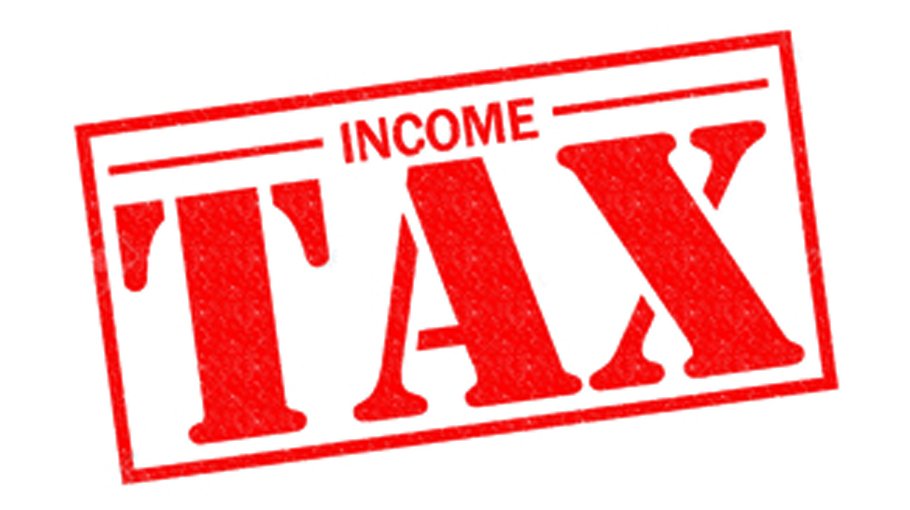Income tax law Bangla draft finalised

The country will get a new income tax law in Bangla soon as the revenue authorities have finalised the draft law for the cabinet's approval by December 15 this year.
The new income tax law 2022 would replace the Income Tax Ordinance -1984, said an official of the National Board of Revenue (NBR).
"We've updated provisions in the new income tax law - 2022 for global business practices," said the official of NBR.
He said the structure of the existing Income Tax Ordinance -1984 has been changed to make the law simple and flexible.
While elaborating the provisions, he said domestic transfer pricing, amortisation of pre-commencement expenditures of a business, Earning Striping Rules (ESR) provision with de-minimis threshold are the new provisions of the draft law to increase tax potentiality.
The official said the NBR would take opinion from the stakeholders concerned until November 25, 2021 on the law.
Considering the complexities of amending the tax rates on different occasions and addressing the public interest, the NBR has kept all tax rates, except final settlement ones, in the rules.
Read more: How to fill up income tax return form in Bangladesh
The amendment of the tax rates needs approval by parliament and it is complicated to bring changes in the law in the middle of a financial year without a finance bill, said a senior tax official involved in drafting the law.
"The tax rates will be in the rules of the law to make it flexible for the sake of taxpayers," he said.
Another tax official said the new law would cut discretionary powers of the taxmen to ensure a taxpayer-friendly environment.
For the audit of the tax returns, taxmen would have to follow an audit manual instead of arbitrary selection of tax files.
In the existing law, there is no provision for amortizing the pre-commencement expenditures of a business. The draft has incorporated the provision.
A provision of de-minimis as proposed in the draft would allow foreign companies to repatriate up to Tk 1.5 million without any question by the taxmen.
However, the repatriated amount has to be sent to the associated enterprises of the nonresident companies, said an official.
The proposed new law would also address collecting taxes from the merger and acquisition of companies.
The process of drafting a new income tax law took more than a decade despite repeated instructions by the government high-ups to expedite it.
In 2013, the International Finance Corporation (IFC) had prepared a draft income tax code by incorporating the income tax law, gift tax law and wealth tax law, which was unaccepted by the NBR after it found the code complex in the context of the country.
In the budget speech for the fiscal year 2010-11, the then finance minister AMA Muhith first made the announcement of formulating a new income tax law.
The incumbent finance minister AHM Mustafa Kamal, in almost all of his budget speech, expressed the hope to draft the new income tax law within a short time.
During the last few years, the NBR also had made several schedules to finalise the draft and place it before the parliament, but later adopted a go-slow strategy to prioritise implementation of the new VAT law first.
In August 2017, the cabinet had asked the NBR to place the draft of the new law before it as soon as possible through incorporating the international best practices and upgrading other relevant issues.
The instruction came in line with a verdict given by the Supreme Court, nullifying the ordinance along with 166 other laws framed during the military regimes.



